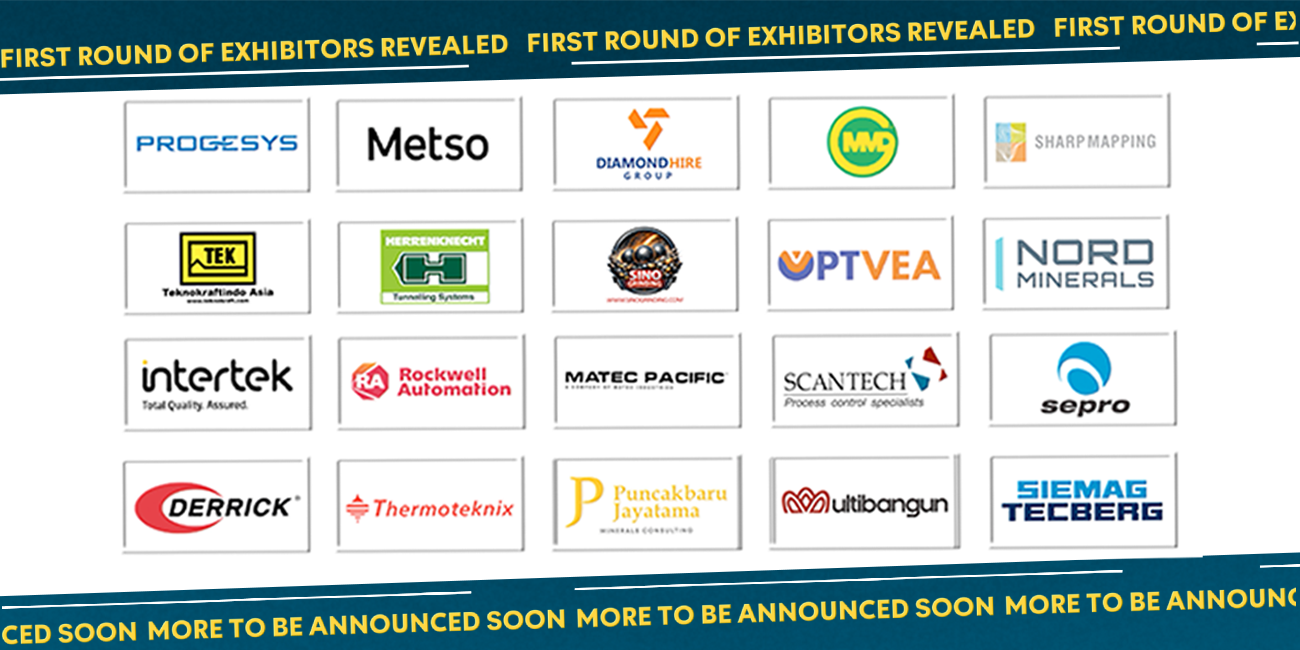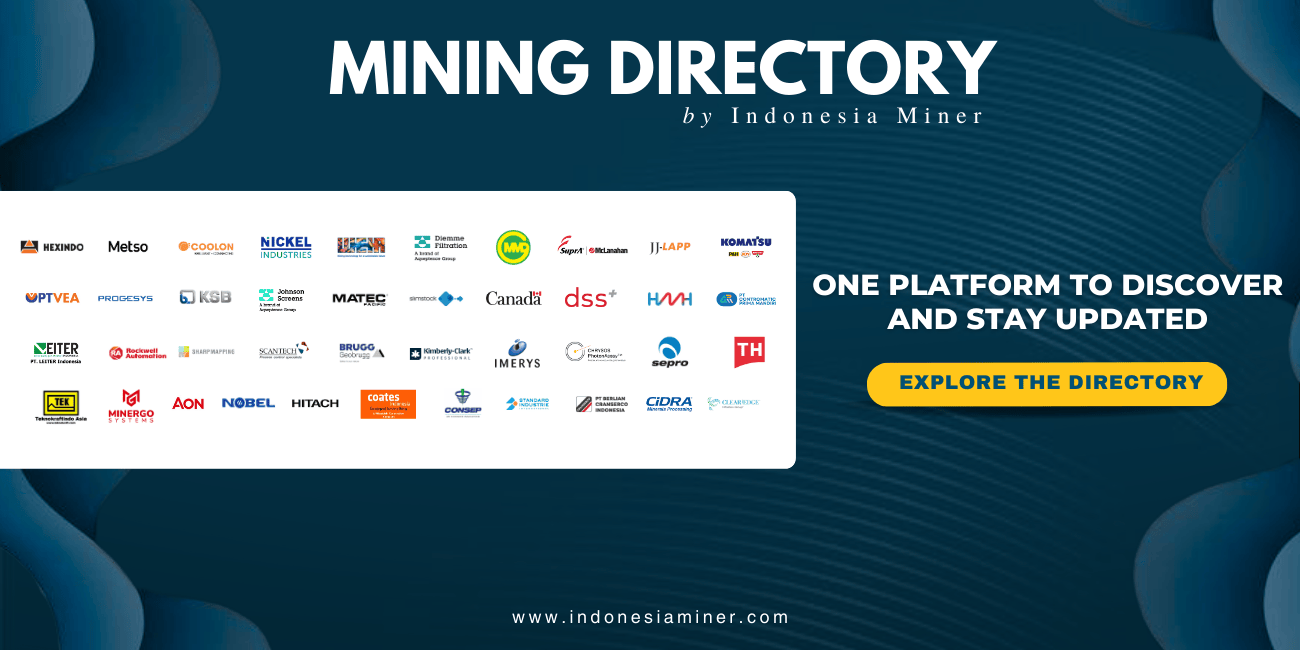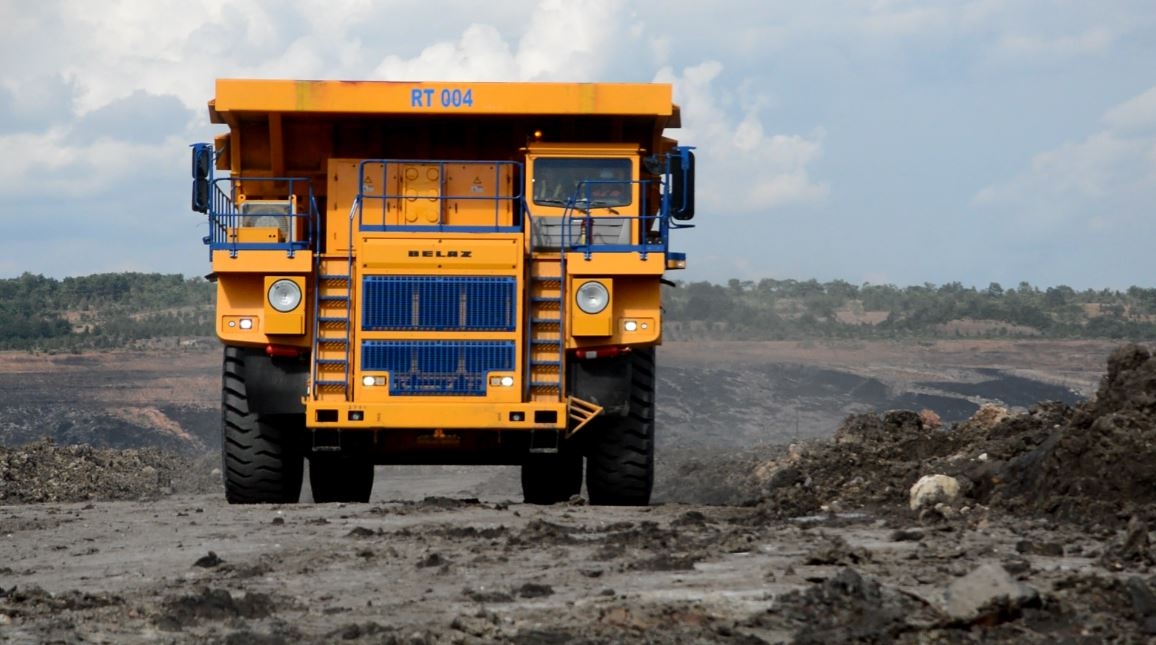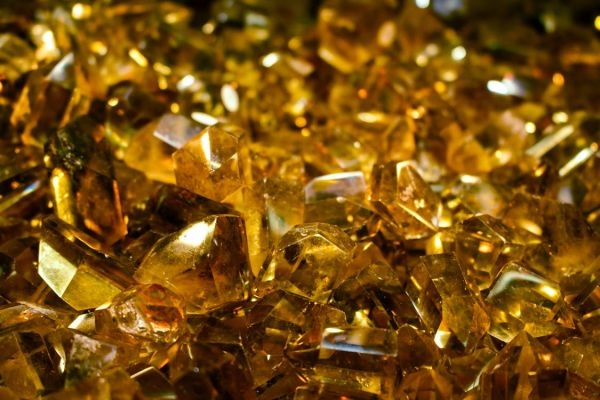Discovering Environmental Management at Harita Nickel Mine
Tue 11 Apr 2023, 12:00 PM
Share
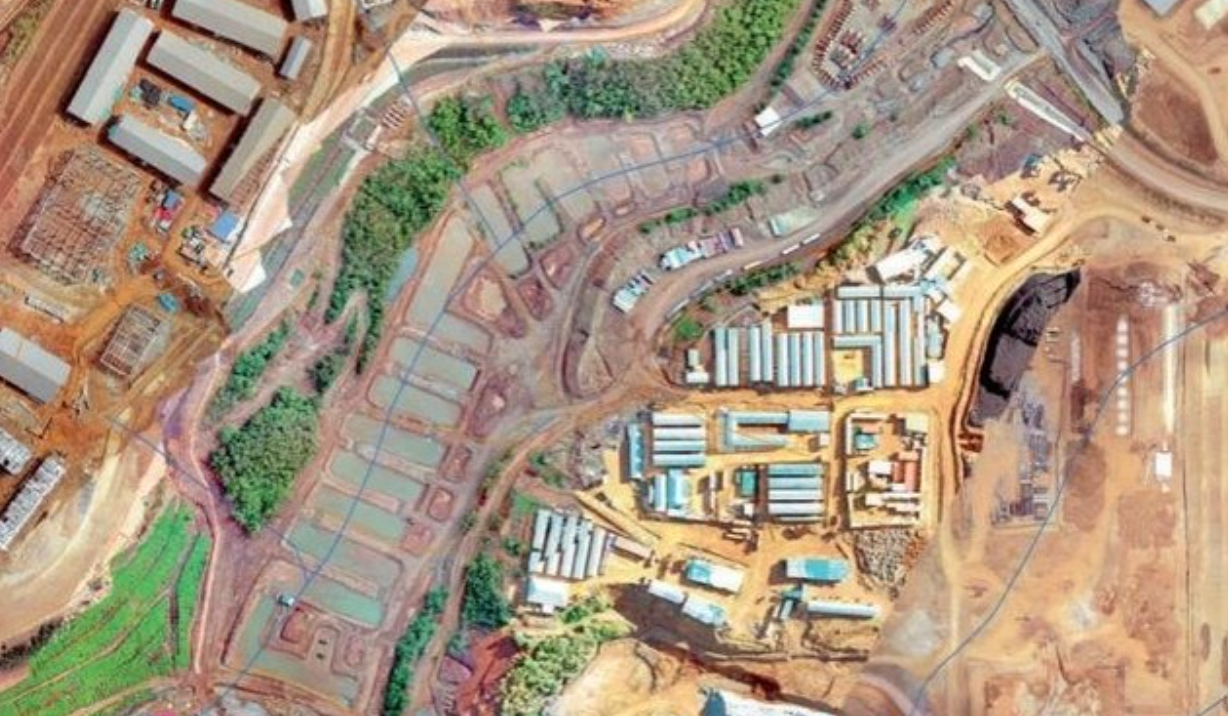
Lined elongated pools can be seen at several points in the integrated nickel mining area belonging to PT Trimegah Bangun Persada or the Harita Nickel Group on Obi Island, South Halmahera, North Maluku. When he visited there on Saturday last week, it was seen that at several points the water in the pond was brown. These ponds are sediment ponds or settling ponds to accommodate the liquid waste generated from activities.
Provision of these ponds is an obligation that must be carried out by mining companies, so that liquid waste can be precipitated and treated first in settling ponds, before being released into water bodies. This sediment pond is also used to reduce the level of turbidity or total suspended solids in order to meet the quality standards, which are regulated in PermenLH 09/2006 concerning Water Quality Standards in Nickel Ore Mining.
"Mining will certainly have an impact on the environment. But we ensure that management of mine water runoff and post-mine rehabilitation is carried out according to standards and regulations," said Trimegah Bangun Persada (TBP) Director, Tonny H. Gultom, at the Harita Nickel mine area on Obi Island, North Maluku. Tonny said TBP has a monitoring team whose job is to monitor the sediment ponds every day, to determine the parameters of pH and TSS (Total Suspended Solid).
The Monitoring Team also manages the deposition process in sediment ponds by adding ferrous sulfate (FeSO4) to reduce hexavalent chromium, so that runoff water coming out of the mine area is currently in accordance with regulated quality standards. "Please check with a certified independent laboratory, I can make sure that mine runoff water meets the quality standards required by the government when it is released into the environment," he said.
Tony then asked the monitoring officer to take a water sample to measure. From the checking tool, the results show that the mine runoff water is below the threshold set by the government, namely no more than 2,000 Mg/L and Total Suspended Solid (TSS) must be less than 200 Mg/L. Apart from that, Tony also ensured that the springs used by the Kawasi residents around the mine site were not polluted. He also asked officers to check and the results were suitable for public use. In fact, Tony drank the water directly. "I make sure this is feasible. Please test it in the lab," he said. Tony said, as TBP's commitment to ensure the company's operational activities do not interfere with the preservation of water resources in the surrounding environment, TBP built a Domestic Wastewater Treatment Plant (IPAL) to treat domestic wastewater originating from gray water and bathrooms (black). water) before being discharged into receiving water bodies.
Tailings Management
Tailings are the residual waste produced from the processing and refining of nickel ore using hydrometallurgical technology. Currently, the company uses tailings to cover ex-mining holes based on a permit from the government. The tailings management stage is neutralization which is processed in the neutralization tank, by adjusting the PH value. The tailings proceed to the filter-press process. After that, the tailings will be stacked in the permitted area. Backfilling of ex-mining pits is done to prevent environmental damage. The embankment of ex-mine excavations is equipped with a sub-drain system, finger drain and vertical drain to keep water droplets from precipitation into the Dry Tail Facility. The use of dry tailings storage methods is considered best practice, as it avoids the risks posed by wet tailings storage and the potential environmental and social damage when these facilities fail. "The tailings that we use to cover the former mine are dry. Not in liquid form which can have a negative impact on the environment," he said. Meanwhile, for nickel slag waste, the company also sends slag, which is a by-product of nickel ore smelting, to PT Hijau Lestari Perkasa, an affiliate of the company's controlling shareholder, to produce substitute raw materials for ready-mix concrete and tile construction, such as paving blocks. brick and other precast concrete.
Restore Environment
The company's reclamation activities also include revegetation and reclamation of local trees in ex-mining areas to restore the environmental ecosystem. Tony said that not only in the former mining area, the company also carried out rehabilitation in the Watershed Area on Obi Island. Based on the company's report, for December 31 2020, 2021 and September 2022, the company had planted 5,083, 1,444 and 1,239 pioneer species and respectively 7,155, 2,136 and 1,769 local species. In company reports, for 9 months last year, the total funds disbursed for environmental costs from rehabilitation amounted to USD 3 billion. "This is the industry of the future, the aspect of taking care of the ling.

